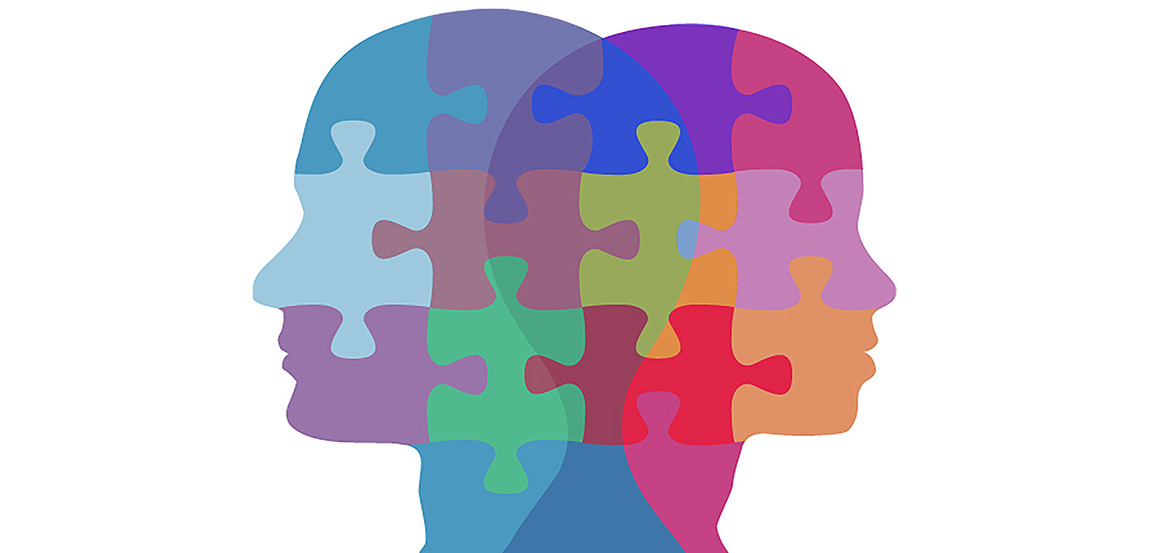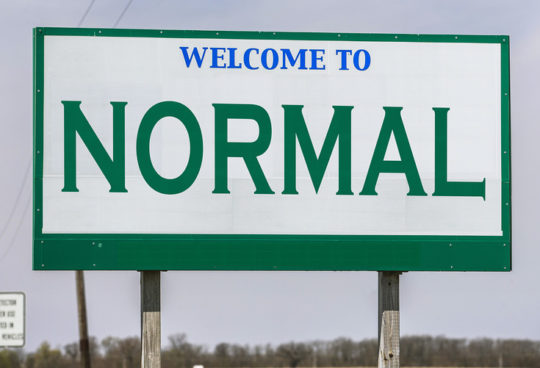Counselling and Psychotherapy – General
In this page I will talk about the terms counselling and psychotherapy in general. I will give specific definitions and explanations for the most common types of talking therapy on their own pages.
Straight off I’m saying that it might be controversial in some circles that I’ve put these two under the same category as you might find some therapists that disagree but I will explain why I’ve put these two together. Counselling and psychotherapy are terms that can often be seen as interchangeable. Technically I was trained as a psychotherapist but will sometimes refer to myself as a counsellor if I think the term ‘Psychotherapy’ might scare someone off. However, when I worked at the council it often got confusing saying I was a counsellor (people would launch into speeches about their bins not being collected thinking I meant councillor) so I called myself a Psychotherapist. Some other people will say it’s all about the length of time of the therapy. If it’s short term it’s classed as counselling – long term is classed as Psychotherapy. I don’t think it really matters either way as long as you are comfortable with your therapist. The best thing to do is to ask your potential therapist what they call themselves, what that means to them and how they work and see whether that fits with you.
Definitions
The terms counselling and psychotherapy are often used as synonyms for talking therapies in general. For example someone who is going for Cognitive Behaviour Therapy (CBT) might say they are going for counselling even though the therapist may not refer to themselves as a counsellor. The BACP’s (British Association of Counselling and Psychotherapy) definition of counselling and psychotherapy states that Counselling and psychotherapy are umbrella terms that cover a range of talking therapies.
Talking therapies are defined as when a person sees a trained professional in a private and confidential setting to explore a difficulty they might be having, distress they might be experiencing or perhaps their dissatisfaction with life. They give people the chance to explore their thoughts and feelings and the effect they have on their behaviour and mood. Discussing what’s going on for you and how that it makes you feel can help you notice any patterns which it may be helpful to change. It can help you work out where your negative feelings and ideas come from and why they are there. Understanding all this can help people make positive changes by thinking or acting differently. Talking therapies can help people to take greater control of their lives and improve their confidence.
For an extensive list of some of the different modalities under the Counselling/Psychotherapy umbrella see this page:-
https://www.bacp.co.uk/about-therapy/types-of-therapy/
However you can also find definitions and explanations of the most widely available therapies on this website.






Sorry, the comment form is closed at this time.